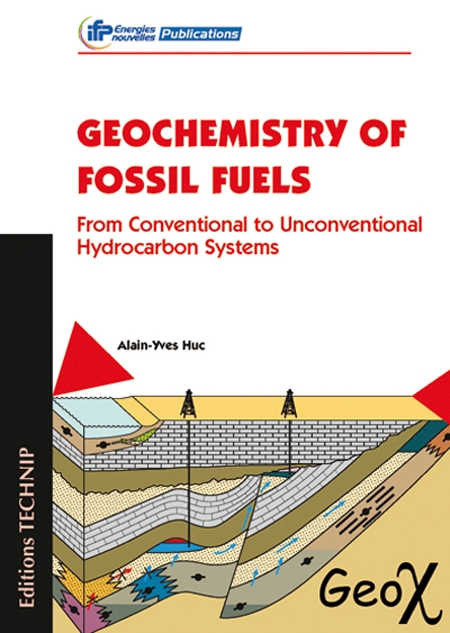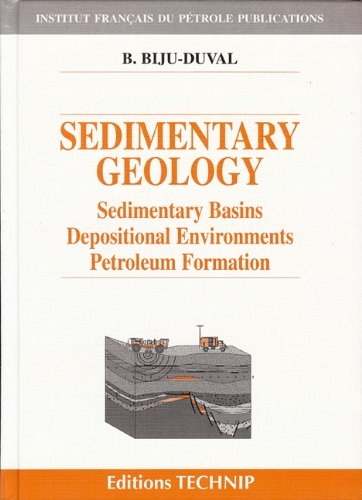Heavy Crude Oils
From Geology to Upgrading. An Overview
Authors : HUC Alain-Yves
ISBN : 9782710808909
trade paperback 170 x 240 mm 480 pages
Publication date : November 2010
American buyers

 Add to cart 115 $ (110 €)
Add to cart 115 $ (110 €)
Heavy oils, extra-heavy oils and tar sands are major players for the future of energy.
They represent a massive world resource, at least the size of conventional oils. They are found all over the world but Canada and Venezuela together account, by themselves, for more than half of world deposits.
They share the same origin as the lighter conventional oils, but their geological fate drove them into thick, viscous tar-like crude oils. Most of them result from alteration processes mediated by microbial degradation. They are characterized by a low content of lighter cuts and a high content of impurities such as sulfur and nitrogen compounds and metals ; so, their production is difficult and deployment of specific processes is required in order to enhance their transportability and to upgrade them into valuable products meeting market needs, and honouring environmental requirements.
Although these resources are increasingly becoming commercially producible, less than 1% of total heavy crude oil deposits worldwide are under active development.
The voluntarily wide scope of this volume encompasses geology, production, transportation, upgrading, economics and environmental issues of heavy oils. It does not pretend to be exhaustive, but to provide an authoritative view of this very important energy resource.
Besides presenting the current status of knowledge and technology involved in exploiting heavy oils, the purpose is to provide an insight into technical, economic and environmental challenges that should be taken up in order to increase the efficiency of production and processing, and finally to give a prospective view of the emerging technologies which will contribute to releasing the immense potential reserves of heavy oil and tar deposits.
This book will consequently be of interest to both specialists and non-specialists who are looking for a general overview on the question of heavy crude oils.
Contents :
Part 1. Heavy Crude Oils.1. Heavy Crude Oils in the Perspective of World Oil Demand. 2. Definitions and Specificities. 3. Geological Origin of Heavy Crude Oils. 4. Properties and composition. Part 2. Reservoir Engineering and Production. 5. Reservoir Geology. 6. Oil Sands: Mining and Processing. 7. Cold Production. 8. Enhanced Recovery. 9. Heavy Oil Production: Pumping Systems. 10. Examples of Large Heavy Oil Projects. Part 3. Surface Transport. 11. Heavy Oil dilution. 12. Aqueous Emulsions. 13. Core Annular Flow. 14. Surface Pumps for Transport: Selection and Limitations. Part 4. Upgrading. 15. De-asphalting with Heavy Paraffinic Solvents. 16. Visbreaking. 17. Coking. 18. Catalytic Hydrotreatment and Hydroconversion: Fixed Bed, Moving Bed, Ebullated Bed and Entrained Bed. Part 5. Environmental Issues. 19. Reservoir and Production. 20. Upgrading. 21. Greenhouse Gas Emissions. 22. CO2 Mass Balance: and Integrated Approach. Part 6. Ongoing Technological Challenges. 23. In Situ Upgrading of Heavy Oil and Bitumen. 24. Process Workflows. Conclusion. Abbreviations. Glossary. Nomenclature.
 High-Performance Polymers. Vol. 3 Polyimides in Electronics
High-Performance Polymers. Vol. 3 Polyimides in Electronics
 Add to cart
146 $ 135 €
Add to cart
146 $ 135 €
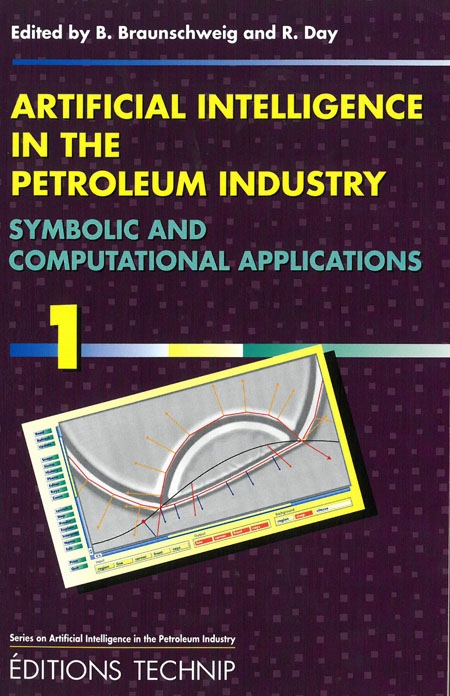 Artificial Intelligence in the Petroleum Industry. Vol. 1
Artificial Intelligence in the Petroleum Industry. Vol. 1
 Add to cart
167 $ 154 €
Add to cart
167 $ 154 €
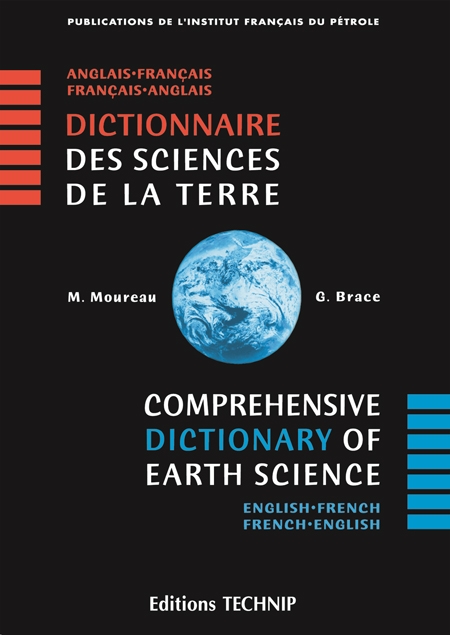 Comprehensive Dictionary of Earth Science. English-French, French-English
Comprehensive Dictionary of Earth Science. English-French, French-English
 Add to cart
199 $ 163 €
Add to cart
199 $ 163 €
 0
0

 Newsletter registration
Newsletter registration

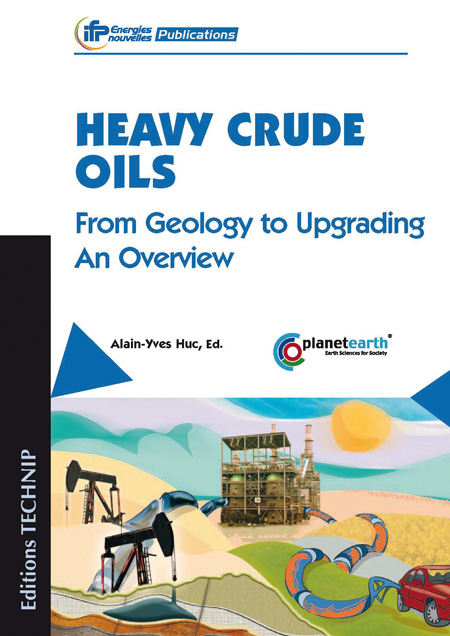
 Partager
Partager
 Tweeter
Tweeter

 Browse the book
Browse the book